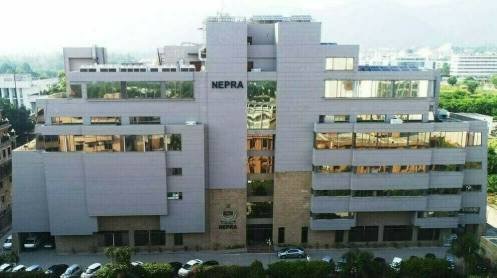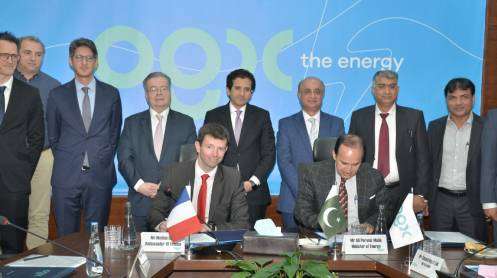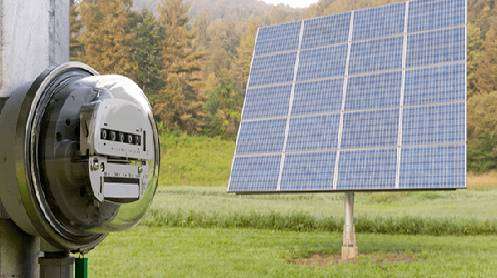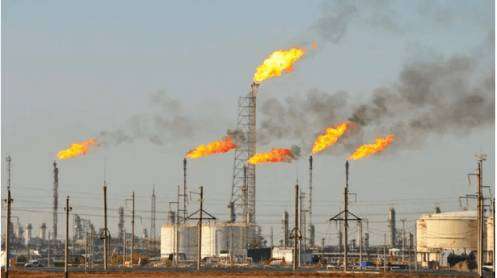ISLAMABAD: The National Electric Power Regulatory Authority (Nepra) has warned that Pakistan’s chronic circular debt crisis will continue to worsen unless systemic inefficiencies are reduced and recoveries significantly improve.
The warning came on Thursday during a public hearing where the regulator reviewed the government’s request to recover an additional Rs8.4 billion from consumers over the next three months — December to February 2026 — through a Quarterly Tariff Adjustment (QTA) for the first quarter of the current fiscal year (July–September).
The adjustment would add about 50 paisa per unit to electricity bills. However, with a previous negative adjustment of Rs1.80 per unit set to expire this month, consumers will effectively face a net increase of Rs2.30 per unit during the upcoming quarter.
Tariff Hike and Incentive Plan in the Works
Separately, Nepra has scheduled another public hearing on November 11 to deliberate a government proposal to cut power rates by Rs11 per unit — reducing them to Rs22.98 per unit — for industrial and agricultural consumers on incremental usage for the next three years.
The move is aimed at reviving electricity demand, which has slumped by 14% in the industrial sector and 47% in the agricultural sector. Both the tariff increase and the proposed relief package, once approved, would apply nationwide, covering all distribution companies (Discos) and K-Electric, under the government’s national uniform tariff policy.
Capacity Charges and System Losses Escalate
During the hearing, Nepra was informed that capacity charges surged by Rs21.7 billion in the first quarter of FY2025-26 — a worrying trend — though partially offset by a Rs13.3 billion reduction in operation and maintenance costs, service charges, and market operation fees. The net additional financial burden still amounted to Rs8.4 billion.
Despite some positive indicators — including a 1.5% to 7% rise in overall consumption across Discos and 11% to 28% growth in industrial demand — concerns were raised over inefficiencies and losses in the power sector.
The All Pakistan Textile Mills Association (Aptma) urged the government not to impose fixed charges on net-metering consumers, warning that such measures could discourage renewable energy adoption.
Industrial representatives cautioned that while the proposed incentive could offer a net benefit of Rs2.40 per unit, it would only apply after a 25% increase in consumption, making the plan impractical given ongoing issues in system losses and poor recovery performance.
Circular Debt Climbs by Rs171 Billion in Q1
Nepra Member (Technical) Rafique A. Shaikh warned that the circular debt problem would persist unless structural inefficiencies were addressed. He revealed that in the first quarter alone, circular debt increased by Rs87 billion due to losses and another Rs84 billion due to weak recoveries.
Meanwhile, the Power Division acknowledged in its petition that electricity demand has contracted across all major consumer categories due to macroeconomic pressures, shifting consumption patterns, and rising adoption of alternative supply options such as net metering, which now accounts for over 6,000MW of capacity.
“The decline has been particularly pronounced in the industrial and agricultural sectors,” the petition stated, warning that reduced demand is creating a vicious cycle — underutilised system assets drive tariffs higher due to under-recovery of fixed costs.
Previous Incentives Showed Positive Results
The Power Division noted that targeted incentive schemes had previously succeeded in stimulating demand. The Industrial Support Package (2020–2023) helped boost industrial electricity consumption by 14%, while the Bijli Sahulat Package (Dec 2024–Feb 2025) recorded industrial growth of 6.9%, 2.7%, and 10.2% in three consecutive months.
Officials said the government aims to replicate those successes with the new incremental consumption package, while Nepra maintained that without improved recoveries, loss control, and governance reforms, Pakistan’s circular debt crisis would remain unresolved.
Story by Khaleeq Kiani







